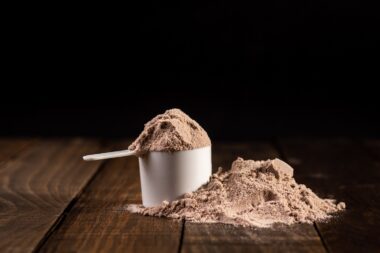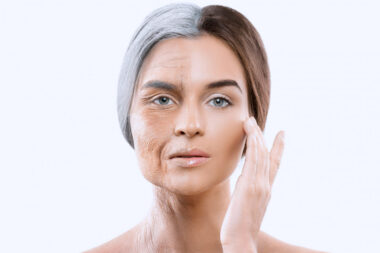Despite the fact that we see a different doctor for our teeth than for the rest of our bodies, the medications we take can affect our teeth and the health of our mouths. Many medications that impact our smiles are over-the-counter medications commonly found in most medicine cabinets. Before you take more medications, read on to find out what products could create dental health issues.
Your dentist at Northstar Dental Care and other health care provider can help you choose the best over-the-counter medications for your health conditions. The best thing you can do to maintain the quality of your teeth is to keep your mouth moist, by drinking enough water when taking over-the-counter medications.
Consider rinsing your mouth after you take medications, then brush your teeth as directed by your dentist. Here are some over-the-counter medications that could affect your teeth negatively.
1. Antacids
Antacids can help settle the stomach, but they can also increase stomach problems, especially for people who are sensitive to spicy or acidic foods. The problem with antacids rests in their sugar content, which can damage the teeth and make the stomach more uncomfortable. You might also experience dry mouth, which can cause more oral issues.
Rather than relying on antacids to help with indigestion, consider eating foods that do not cause discomfort. If you find that tomatoes cause acid build-up, then stop eating them.
Drinking enough water each day can help with digestion, possibly removing the need for routine antacids and preventing potential damage to your gums and teeth.
2. Antihistamines
Antihistamines, like antacids, can also cause dry mouth. Having a dry mouth is bad for your tooth enamel, as it negatively affects bacteria levels. A dry mouth encourages tooth decay and gum disease.
Many people who take antihistamines regularly end up with sensitive teeth, which can affect the quality of their life. Drink water throughout the day, and wash down your medication with a healthy gulp.
3. Aspirin
If you are taking aspirin for your heart health, remember that it can also affect your smile. Because aspirin begins to dissolve in your mouth, it can harm your teeth. When you visit your dentist, let them know if you are taking a daily low-dose aspirin, as it can increase bleeding.
Drink water with your aspirin so you wash it down before it affects your teeth, and the water also quickly removes any residue before it can cause problems.
4. Decongestants
Decongestants in various forms help the body manage colds and inflammation. These medications affect mucus production, and along the way, they also cause dry mouth.
Because the saliva in your mouth naturally balances the bacteria in your mouth, it helps prevent tooth decay. When your saliva levels change, bacteria levels in the mouth change, and your teeth can be damaged.
If you take decongestants in the form of cough syrup, you might notice health problems start to arise in your mouth. The problem with cough syrup comes from the sticky sugar that gives it a pleasant flavor. The sugary syrup can damage the enamel triggering tooth decay.
Want to write for us and share your expertise? Shoot us a mail at – connect@healthystic.com
Thumbnail Credit: Jcomp
This article is published by our independent team of health and wellness pundits that publish original and informative content to empower readers to take charge of their health and embark on a physically, mentally, and emotionally balanced lifestyle.




































